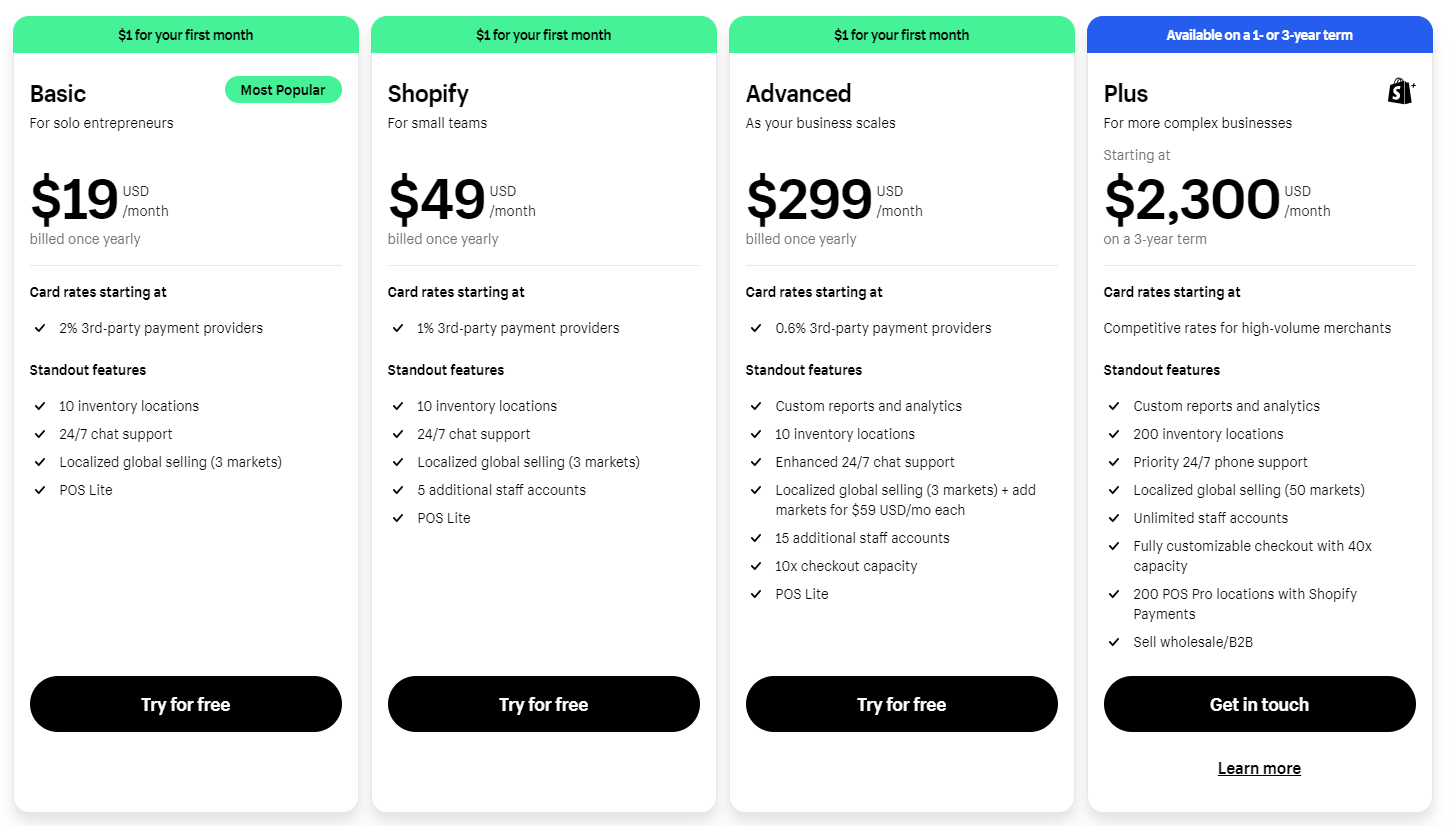Are you a business owner looking to streamline your financial processes? Or perhaps you’re considering hiring a bookkeeper to handle your company’s finances? Whatever the case may be, it’s essential to have a solid bookkeeping contract in place. In this blog post, we will delve into the importance of having a bookkeeping contract and discuss key considerations when entering into such an agreement. let’s dive right in!

What Is the Importance of A Bookkeeping Contract?
The importance of a bookkeeping contract is that it provides a clear and legally binding agreement between the bookkeeper and the business. It outlines the responsibilities of both parties, defines payment terms, and establishes expectations for how the work will be completed. A good bookkeeping contract also includes provisions for specifying when changes to services or fees must be agreed upon by both parties in writing. This document serves as an important protection for both the business and the bookkeeper, ensuring that both sides understand their respective roles and obligations.
What Are the Important Considerations for Bookkeeping Contracts?
When entering into a bookkeeping contract, there are several important considerations that you should keep in mind to ensure a successful and mutually beneficial partnership.
Scope of Services
First and foremost is the scope of services that will be provided. This includes a clear outline of what tasks the bookkeeper will handle, such as managing accounts payable and receivable, reconciling bank statements, and preparing financial reports.
Duration and Termination
Another crucial aspect to consider is the duration of the contract and how termination will be handled. It’s important for both parties to have a clear understanding of how long the contract will last and under what circumstances it can be terminated.
Payment Terms
Payment terms are also a key element in any bookkeeping contract. This includes outlining when payments are due, whether they’re based on an hourly rate or a flat fee, and any additional fees or expenses that may apply.
Confidentiality and Data Security
Confidentiality and data security should not be overlooked either. Bookkeepers often have access to sensitive financial information, so it’s essential to include provisions for maintaining confidentiality and protecting data from unauthorized access or disclosure.
Liability and Indemnification
Liability and indemnification clauses are also important considerations. These clauses determine who is responsible if errors or omissions occur during the course of providing bookkeeping services, as well as any resulting damages or losses.
Dispute Resolution Contract Renewal and Amendment
Inevitably, disputes may arise between parties involved in a bookkeeping contract. Including provisions for dispute resolution methods such as mediation or arbitration can help ensure that conflicts are resolved efficiently without resorting to costly litigation.
It’s worth considering whether the contract allows for renewal or amendment at its conclusion. This provides flexibility should either party wish to extend or modify the terms of their agreement.
What Are the Key Elements of a Bookkeeping Contract?
When it comes to bookkeeping contracts, there are several key elements that you should consider to ensure a clear and comprehensive agreement. These elements help establish the rights and responsibilities of both parties involved, providing a solid foundation for your working relationship.
Parties Involved:
When entering into a bookkeeping contract, it is crucial to clearly identify the parties involved. This includes not only the bookkeeper or accounting firm providing the services but also the client who will be receiving those services. Clearly stating each party’s name and contact details ensures there is no confusion regarding who is responsible for what.

Scope of Work and Services:
Defining the scope of work and services in a bookkeeping contract is essential for both parties. It outlines exactly what tasks and responsibilities the bookkeeper will undertake on behalf of the client. This may include maintaining financial records, reconciling accounts, preparing financial statements, or managing payroll. A clear understanding of these expectations
helps to avoid any misunderstandings down the line.
Compensation and Payment Terms:
The compensation and payment terms section specifies how much the client will pay for the bookkeeping services provided. It should outline whether fees are charged on an hourly basis or as a fixed rate per month/quarter/year. Additionally, this section may address invoicing schedules, late payment penalties, and any other relevant financial considerations.
Confidentiality and Non-Disclosure:
Bookkeepers often have access to sensitive financial information about their clients’ businesses. Guaranteeing confidentiality through a non-disclosure agreement protects both parties from potential data breaches or misuse of confidential information. The confidentiality clause should specify that all data shared between parties must remain strictly confidential unless required by law.
Data Security and Protection:
In today’s digital age, protecting sensitive financial data has become paramount. The contract should establish guidelines for how data security measures will be implemented to safeguard against unauthorized access or breaches in cybersecurity protocols.
Ownership of Records and Documents:
It is important to clarify who owns any records or documents generated during the course of providing bookkeeping services once the contract ends. Typically, these assets belong to the client; however, it’s still necessary to explicitly state this within the contract itself.
Termination and Renewal:
The termination and renewal section outlines the circumstances under which either party can terminate the contract and any requirements for renewing it. This includes defining an appropriate notice period for terminating the agreement as well as any associated fees should either party wish to renew the contract.
Governing Law and Jurisdiction:
This section specifies which law (e.g., state or federal) will govern the terms of the bookkeeping contract, as well as where any legal proceedings may take place should a dispute arise between the parties. This helps to ensure that all relevant parties are aware of their rights and responsibilities throughout the duration of the agreement.
When Should I Use A Bookkeeping Contract?
A bookkeeping contract should be used whenever a company or individual hires a bookkeeper to provide any type of services, such as recording financial transactions, preparing financial statements, maintaining ledgers, and reconciling bank accounts.
Example of A Bookkeeping Contract

Here is the example of bookkeeping contract:
This Bookkeeping Contract (“Contract”) is entered into between [Client Name], hereinafter referred to as the “Client,” and [Bookkeeping Company Name], hereinafter referred to as the “Bookkeeping Company,” on this [Date].
Services Provided:
- a) The Bookkeeping Company agrees to provide bookkeeping services to the Client as described in Exhibit A, attached hereto and incorporated by reference.
- b) The services may include, but are not limited to, maintaining financial records, reconciling bank statements, preparing financial statements, and providing general financial advice.
Term:
- a) This Contract shall commence on [Start Date] and continue for an initial term of [Duration].
- b) After the initial term, this Contract may be renewed for additional terms upon mutual agreement of both parties.
Compensation:
- a) The Client agrees to pay the Bookkeeping Company a fee for the services rendered as described in Exhibit B, attached hereto and incorporated by reference.
- b) Payment shall be made in [currency] and is due [monthly/quarterly/annually] within [number] days of receiving the invoice.
Confidentiality:
- a) The Bookkeeping Company agrees to keep all client information confidential and not disclose any information to third parties without the prior written consent of the Client.
- b) The Client acknowledges that the Bookkeeping Company may need access to sensitive financial information and agrees to provide necessary access while maintaining appropriate security measures.
Termination:
- a) Either party may terminate this Contract by providing written notice to the other party.
- b) In the event of termination, the Client shall pay the Bookkeeping Company for all services rendered up to the termination date.
Governing Law:
This Contract shall be governed by and interpreted in accordance with the laws of [State/Country].
Entire Agreement:
This Contract constitutes the entire agreement between the parties and supersedes any prior agreements or understandings, whether written or oral, relating to the subject matter herein.
In witness whereof, the parties have executed this Bookkeeping Contract as of the date first above written.
[Client Name]
[Client Signature]
[Date]
[Bookkeeping Company Name]
[Bookkeeping Company Signature]
[Date]
What Is EcomBalance?

EcomBalance is a monthly bookkeeping service specialized for eCommerce companies selling on Amazon, Shopify, Ebay, Etsy, WooCommerce, & other eCommerce channels.
We take monthly bookkeeping off your plate and deliver you your financial statements by the 15th or 20th of each month.
You’ll have your Profit and Loss Statement, Balance Sheet, and Cash Flow Statement ready for analysis each month so you and your business partners can make better business decisions.
Interested in learning more? Schedule a call with our CEO, Nathan Hirsch.
And here’s some free resources:
- Monthly Finance Meeting Agenda
- 9 Steps to Master Your Ecommerce Bookkeeping Checklist
- The Ultimate Guide on Finding an Ecommerce Virtual Bookkeeping Service
- 6 Reasons Accurate Ecommerce Accounting is Crucial for Your Business
- Accounting Basics 101: What Small Business Owners Must Know
- Generally Accepted Accounting Principles (GAAP) Cheat Sheet
- How to Read a Balance Sheet & Truly Understand It
Frequently Asked Questions
How long does a bookkeeping contract typically last?
The duration of a bookkeeping contract can vary depending on the needs and preferences of both parties involved.
How should payment terms be structured in a bookkeeping contract?
Payment terms in a bookkeeping contract should be clearly outlined to avoid any misunderstandings or disputes down the line. This includes specifying how often payments will be made (e.g., monthly, quarterly), the amount of each payment, and any late payment penalties or interest charges.
What happens if there is a breach of contract in bookkeeping services?
If there is a breach of contract in bookkeeping services, it can have serious consequences for both parties involved. The non-breaching party may seek legal remedies such as monetary damages or specific performance (i.e., requiring the breaching party to fulfill their obligations).
Can a bookkeeping contract be renewed or amended?
Yes, a bookkeeping contract can typically be renewed or amended based on mutual agreement between both parties involved.
How can I ensure security for my financial data in a bookkeeping contact?
To ensure security for your financial data in a bookkeeping contact, it’s essential to include confidentiality and data security provisions within the agreement itself.
Final Thoughts on Bookkeeping Contracts
Bookkeeping contracts are an important part of any business. They provide security for both the business and the bookkeeper, ensuring that the relationship is maintained, and that work is completed to a high standard. Bookkeeping contracts should be comprehensive enough to ensure that each party’s obligations and expectations are clearly outlined. It is important to remember that even though bookkeeping services may appear straightforward, there can often be complex legal matters involved, so it is important to ensure that both parties understand their responsibilities before signing a contract.










